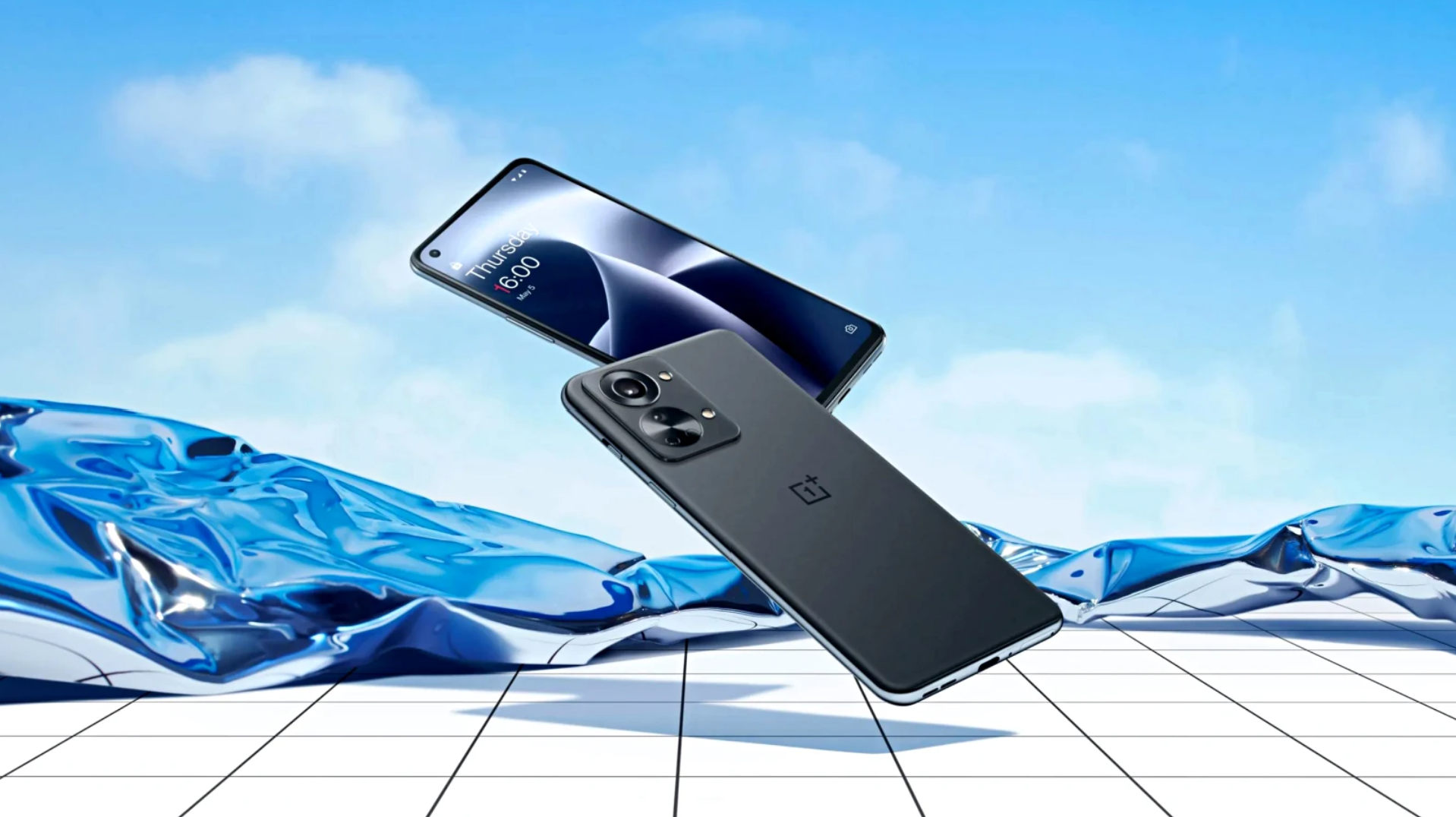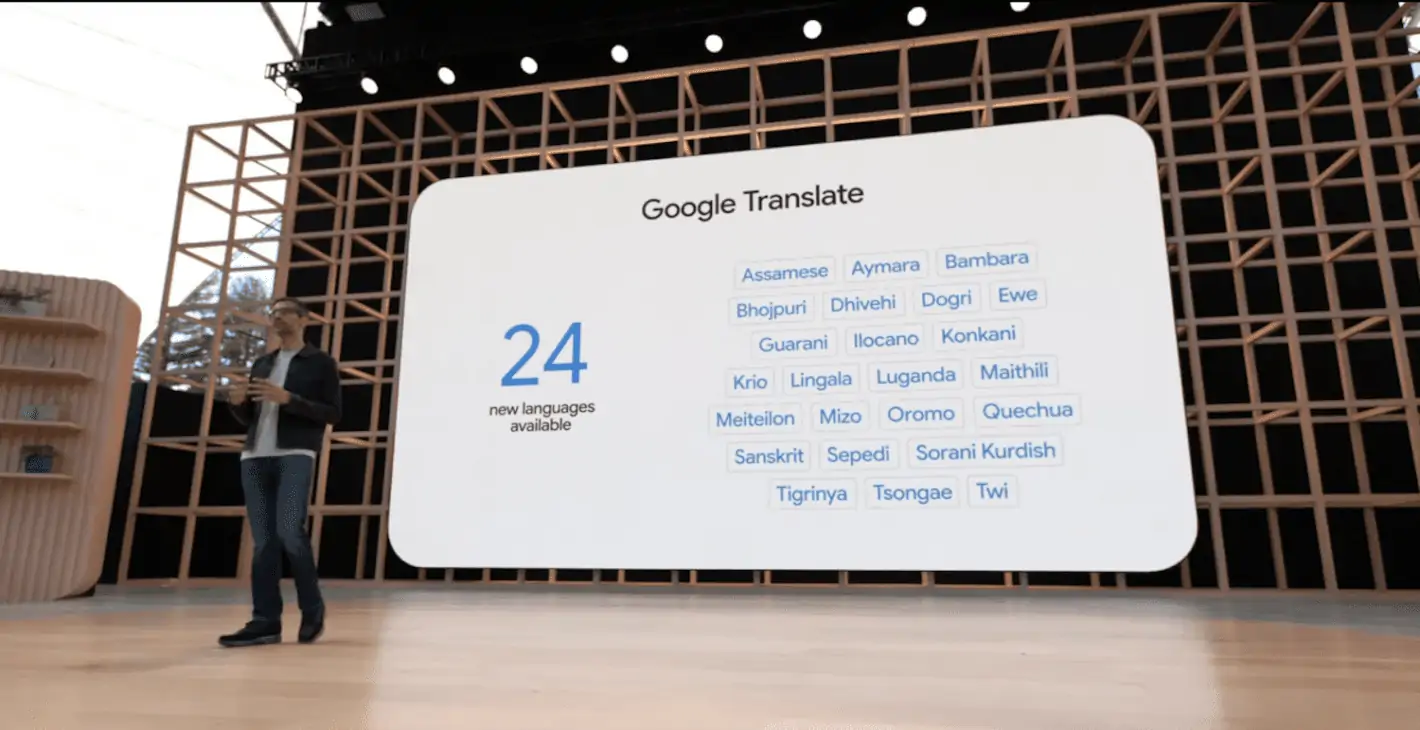Five years after its inception, Android is more dominant than ever in the smartphone OS market, despite facing a number of challenges along the way.
Android has endured legal battles, platform fragmentation, security issues user complaints over upgrade delays. But none of these issues has so far seriously impacted its market share sales, which reached record levels during the third quarter. A total of 136 million Android-based smartphones shipped around the world, giving ’s OS a 75 percent worldwide market share, according to IDC.
“The decline of RIM, lack of ndows one sales the late launch of the ione 5 all had a positive impact on Android sales market share,” said Francisco ronimo, research manager at IDC.

Apple’s iOS was the second largest operating system with a 14.9 percent market share.
“ople say that the fragmentation is a mess, there is some merit to that argument, but it is also indicative of Android’s success,” said Geoff Blaber, who leads the mobile device software research at CCS Insight.
The patent wars continue to be a threat to Android’s future, the nightmare scenario is increasing the costs of developing phones based on the OS.
“If suddenly you have got a whole lot of I [Intellectual operty Rights] issues you’ve got to pay Apple half of your profits, everyone is going to say, perhaps I am not going to support Android anymore maybe I’ll go with Microsoft instead,” said mobile analyst Richard ndsor, who blogs at Radio Free Mobile.

Android was unveiled on Nov. 5, 2007, when , T-Mobile, HTC, Qualcomm Motorola almost 30 other companies joined forces to announce the development of the open source OS.
About two years earlier had acquired Android, the company, whose co-founder Rubin is still in charge of developing the operating system. It took another year before the first smartphone—the T-Mobile G1—arrived. Android’s success wasn’t immediate, but by the end of 2010 it had become the most popular smartphone operating system.
at’s powering Android
Android’s impressive ascent is due to several factors.
“Android’s timing was perfect in that the ione had reset expectations, but that was specific to one product the carriers needed a counter to Apple’s success. At the same time Symbian was struggling,” said Blaber.
The cost of using the operating system also helped, according to ndsor.
“One thing that galvanized everyone to, at least, consider it was the fact Android was freely available,” ndsor said.
That meant not having to pay for a software license, the possibility to “hack the code to pieces,” he added.
so, the user interface looked a lot like the ione, which meant vendors could offer a similar user experience at a much lower cost, according to ndsor. In the end, the market was wide open went in took it, he said.
However, breaking Apple’s domination in the tablet market has proven much more difficult. oducts like the Motorola’s Xoom family HTC’s Flyer failed, while Samsung Electronics has seen some success with its Galaxy Tab family.
Recently, though, the Android camp has started to make some headway.
Sales of 10.2 million units during the third quarter this year were enough to increase its market share to 41.3 percent, compared to 29.2 percent a year ago, according to Strategy Analytics. At the same time Apple’s share dropped from 64.5 percent to 56.7 percent, the market research company said.

No single Android vendor comes close to Apple in volume terms at the moment, but the collective weight of dozens of hardware makers, such as Asus Samsung, is helping the Android platform to grow its share.
The combination of good hardware specs low prices, along with more hardware partners, wider distribution, more marketing a growing number of tablet ready applications has helped boost sales, according to Neil Mawston, executive director at market research company Strategy Analytics.
The road ahead
Amazon helped usher in the current generation of low-priced Android-based tablet with the Kindle. But its sales have been fading in the last few quarters, Mawston said. Now the company is hoping to make up some lost ground during the last three months of 2012.

But this year’s holiday season is lining up to be more competitive than ever for the tablet vendors, Android will again have to prove itself.
Consumers can choose between the new Nexus 10 tablet an upgraded Nexus 7, as well as Apple’s new id mini, Amazon’s new Kindle tablets all the products based on Microsoft’s ndows 8 ndows RT.
“Competition is going to be intense,” said Mawston.
Android’s current dominance is in large part due to Samsung Electronics, while long-time Android supporters HTC -owned Motorola Mobility others are struggling to find their footing.
HTC’s current woes are the best illustration of how difficult it is to compete with Samsung its Galaxy family.
“The HTC One X is a great product, but it was obliterated when Samsung launched the Galaxy S III,” said Blaber.
HTC, maker of the first Android-based smartphone, saw unit sales drop to 7.3 million during the third quarter, compared to 12.7 million a year ago, according to IDC. That helped drive down HTC’s net profit to NT$3.9 billion ($133.5 million), a 79 percent drop compared to the third quarter of 2011.
At the same time Samsung sold 56.3 million smartphones Apple 26.9 million iones, while ZTE has become the fourth largest smartphone maker.
But just like when Android was born, there aren’t a lot of smartphone OS alternatives at the moment.
“That is the quary a lot of phone manufacturers are finding themselves in,” said Blaber.
ndows one could be that alternative, but has yet to prove itself as a viable competitor. That could change in the fourth quarter, when multiple ndows one 8 smartphones will go on sale, according to IDC.
But breaking Android’s dominance won’t be easy. In every year since the first phone was launched, Android has outpaced the market taken market share from the competition, according to Ramon amas, research manager at IDC.
Even today, more vendors are introducing their first Android-based smartphones, he said.


















